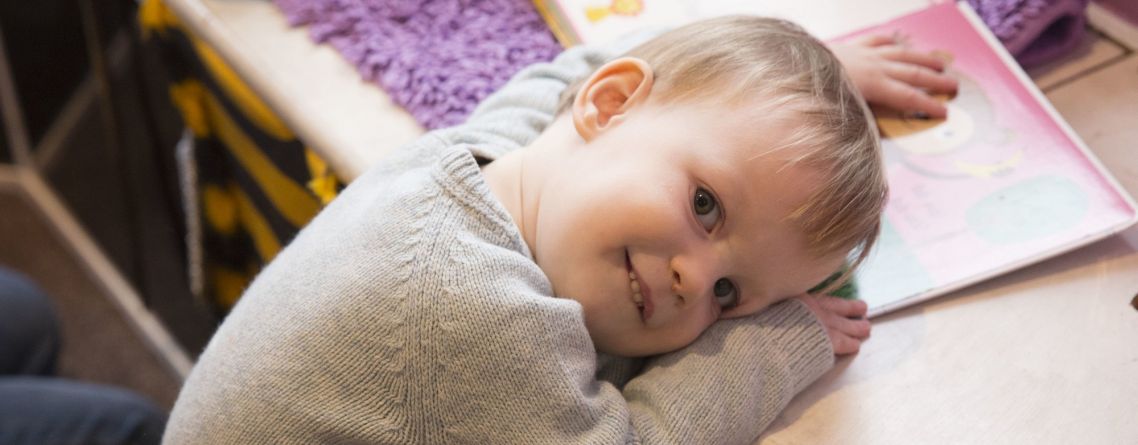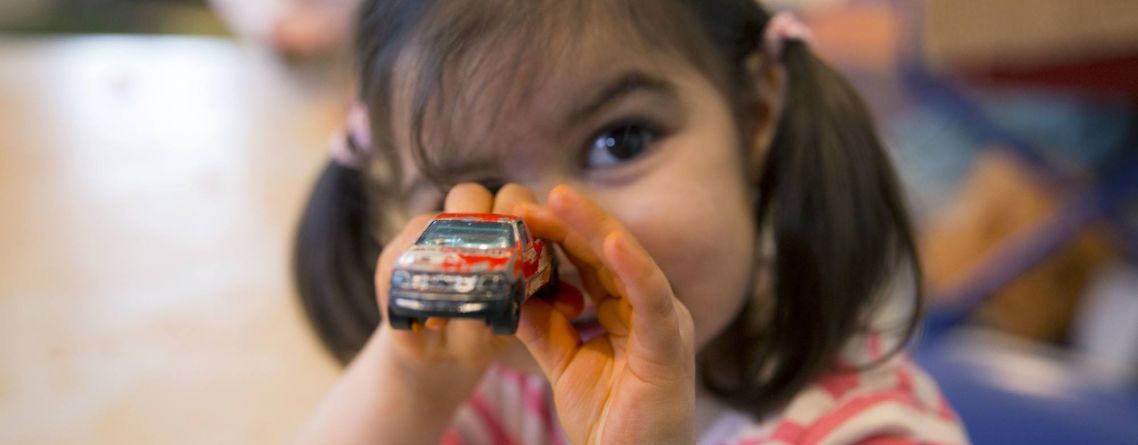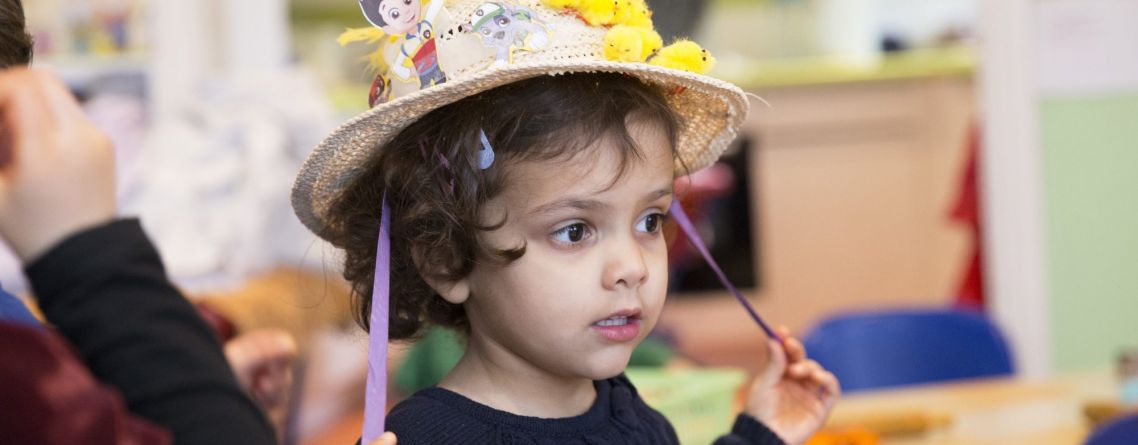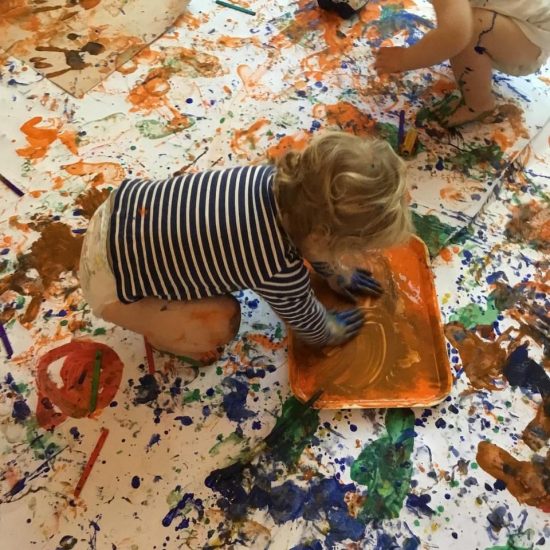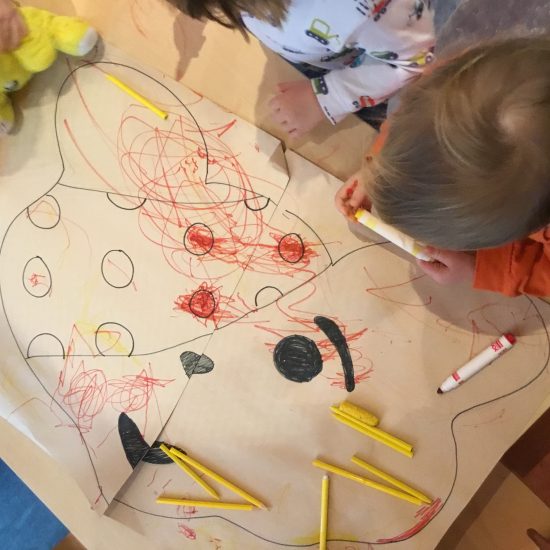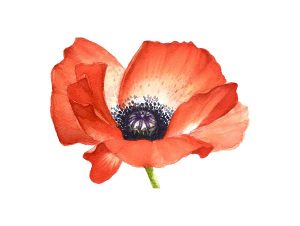Baby Room
This room caters for the younger children up to approximately fifteen months of age.
The baby’s day is a flexible one where they can be breast fed by their mothers if that is what is wanted and other feeding and sleeping times are gently worked into a routine which suits each baby’s individual needs.
The babies benefit from a wide range of daily activities, socialising with other children and familiar adults, listening and joining in with conversations and songs. There is space for physical play to kick and stretch, and toys which encourage movement.
Visual stimulation with mobiles, books, outings and interesting new objects to look at; messy play, such as water and paint, giving experience of a variety of textures and toys which encourage manipulative skills such as holding, squeezing, rattling, turning and throwing.
The babies are not kept exclusively to their own room, but will join the “bigger” children during appropriate times of the day.
Of course, all the educational stimulation does not exclude cuddles, love and fun!
Toddler Room
At just over a year old, babies are gently introduced to the toddler room and their new key carer. The transition takes place over a number of weeks until the child is used to their new room and friends.
The toddlers have a wide variety of activities, e.g. water, sand, paint, glue, dough, garden play with bikes and climbing equipment, socialising, singing and dancing, stories, conversation, puzzles, building, construction, doll and domestic play, small world toys (i.e. cars, play people, animals), outings and many more!
Outings usually take place in the morning in small groups of children and staff. The children eat lunch at tables with their key carer and most sleep after lunch on their own mattress.
This is an age of great discovery and adventure, not only through play and trips out, but through the children learning co- operation and sensitivity to one another and by expressing themselves and their needs. Their skills and knowledge are encouraged by having weekly themes which they learn from not only throughout their day, but also during the structured group work which s done during morning activities.
Pre-school Room
This room caters for children from approximately 2¼ – 3¼ and again the transition from the Toddler Room is carefully planned to ensure successful settling into their new room.
In Pre-school we introduce fun way to teach phonics and numbers: Letter land and Ten Town.
However, play is still very much an integral part of the children’s development and many of the most important activities the older children do are simply more complex and sophisticated versions of those they enjoyed as toddlers. These include drawing, art work, cooking, handicrafts, modelling, collage, music, movement, sand and water, and so on.
Outings for the children are an important learning experience as well as good exercise, and care is taken to ensure as wide a range of experiences as possible are provided for each child.
Nursery Class
This room caters for children aged 3¼ to school age and is designed to give them a happy and positive foundation to their future school life. The activities are broad based and remain child centred.
Nursery Class education becomes more structured here when, at the appropriate stage, children are introduced to reading, numeracy and writing skills with work on colours, shapes, sizes, numbers, time, structure etc.
Throughout the nursery, the Early Years Foundation Stage (EYFS) framework is followed. The overarching aim of the EYFS is to help young children achieve the five Every Child Matters outcomes of staying safe, being healthy, enjoying and achieving, making a positive contribution, and achieving economic well-being. This is by setting the standards for the learning, development and care the children should experience; by providing for equality of opportunity and anti-discriminatory practice; by creating a framework for partnership between parents and the nursery; by improving quality and consistency in the early years sector; and by laying a secure foundation for future learning. More information regarding the EYFS framework is available at the nursery.
The Nursery is part of Ealing’s Early Years Development Partnership and as such is inspected by Ofsted for educational provision and curriculum. A copy of the Nursery’s latest report is available for viewing at the Nursery or can be accessed through the following website address: www.ofsted.gov.uk/inspect/index.html
Within each room a curriculum/time table is planned for their work which will help each child reach their developmental mile stones and nursery staff keep online journal on their key children which is for parents’ reference. Also each child’s developmental progress is charted and these discussed with parents to ensure children are reaching their full potential.
Throughout the nursery and during all activities, the children are encouraged to care for and respect each other and where age appropriate to be self-reliant (e.g. attempt dressing and feeding themselves, help tidy up after activities). The nursery and staff are keen to ensure that both boys and girls grow up confident and caring.

